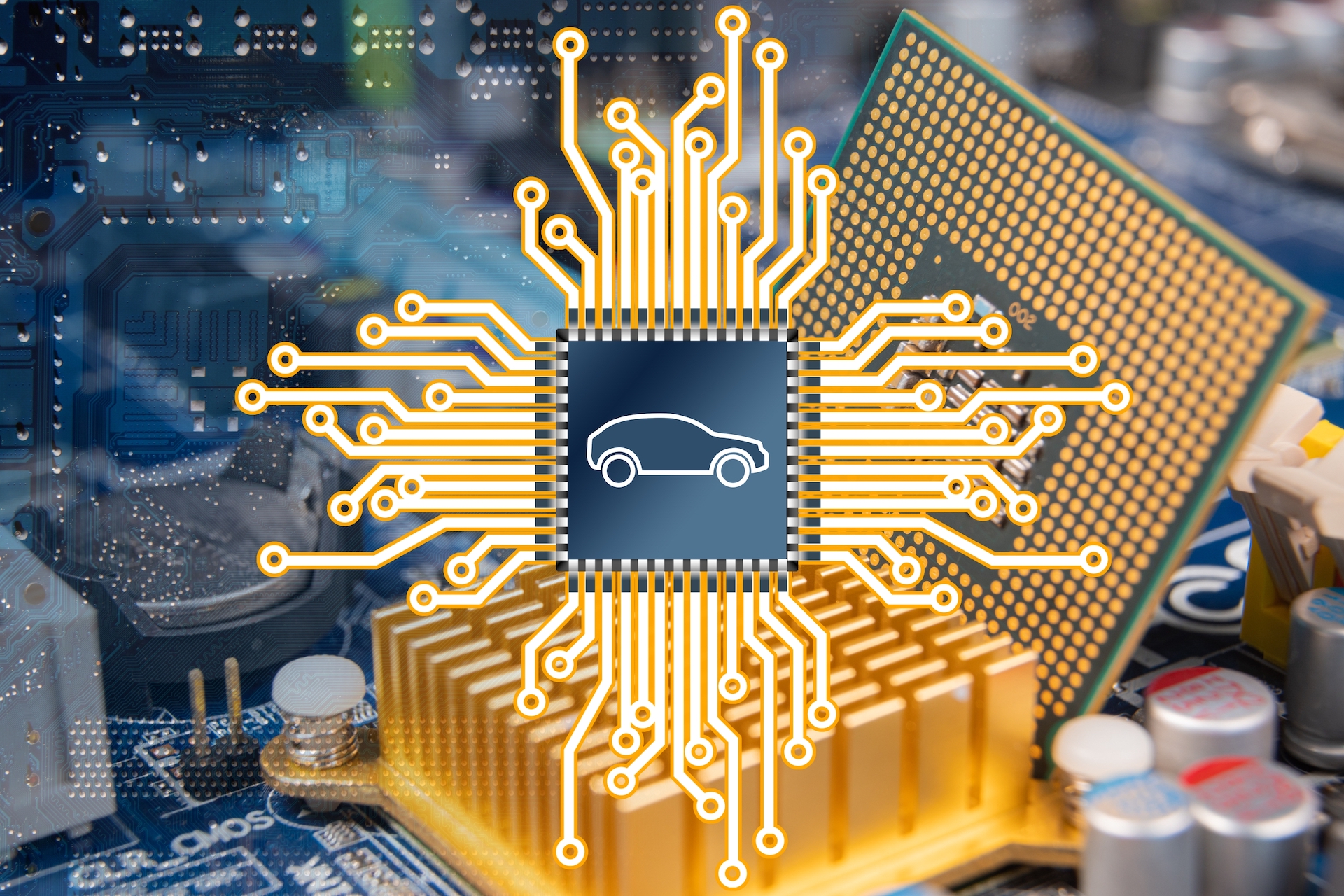Good news for chip shortages in automotive world!
Chip shortage
Automobile manufacturers can catch up and eliminate production backlogs due to declining demand for high-tech consumer goods. “It is ironic that the very situation that caused the shortage for much of the auto industry should drive the recovery,” said Tom Blackie, CEO of VNC Automotive, which specializes in connectivity.
Blackie: “Supply chain disruptions caused by a series of disasters at critical manufacturing plants were compounded by a huge increase in demand for electronic devices when the pandemic broke out and working from home became the norm for many.”
We are living more frugally due to increased living costs
Consumers are spending less. This is due in part to sharply increased living costs. Energy rates are still extremely high. Moreover, a global recession is expected. Instead of upgrading to the latest smartphone or ordering a new laptop on credit, savvy buyers are choosing to keep their existing devices longer. This drop in demand for consumer goods has freed up production capacity throughout the supply chain, from chip factories to logistics, and the auto industry has quickly benefited.

More chips available for cars
Blackie: “In fact, the shift to oversupply has been so rapid that we are regularly approached by chip suppliers asking us to increase our orders.”
Industry analysts have reported an increase in cancellations by producers of white goods as well as by manufacturers of more complex devices such as tablets and smartphones. Vehicles – which have become increasingly sophisticated thanks to new driver assistance systems, smart infotainment systems, cameras and sensors – are benefiting. The hunger for more computing power has led to a change that has put traditional IT players such as Intel and Nvidia in a key position in the automotive industry.
Billions of dollars
The automotive industry accounted for less than 9% of semiconductor volumes in 2020, worth an estimated $38.7 billion, according to Gartner. However, this is predicted to rise to just over $116 billion by 2030, as EV production increases and advanced driving assistance functions and autonomous vehicles require ever higher levels of processing power to “house” the most advanced AI algorithms.
More and more chips in cars
Gartner figures suggest that the average semiconductor content per car will rise from about $712 in 2022 to $931 in 2025. “It may be some time before this freer flowing supply trickles down to consumers buying cars, while manufacturers work to clear the backlog built up in recent years,” Blackie said.

